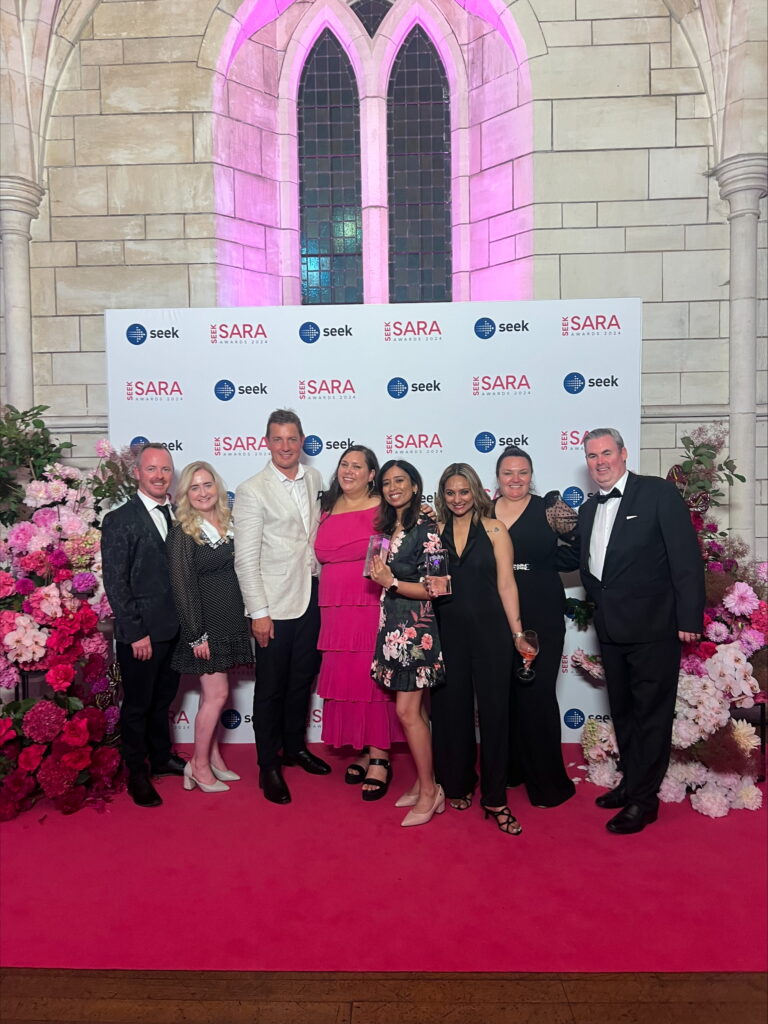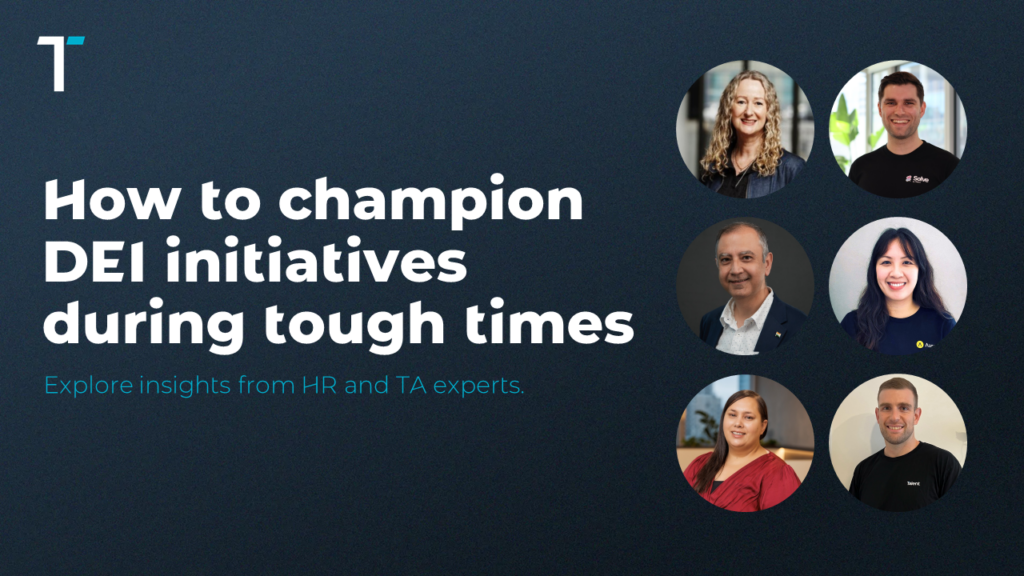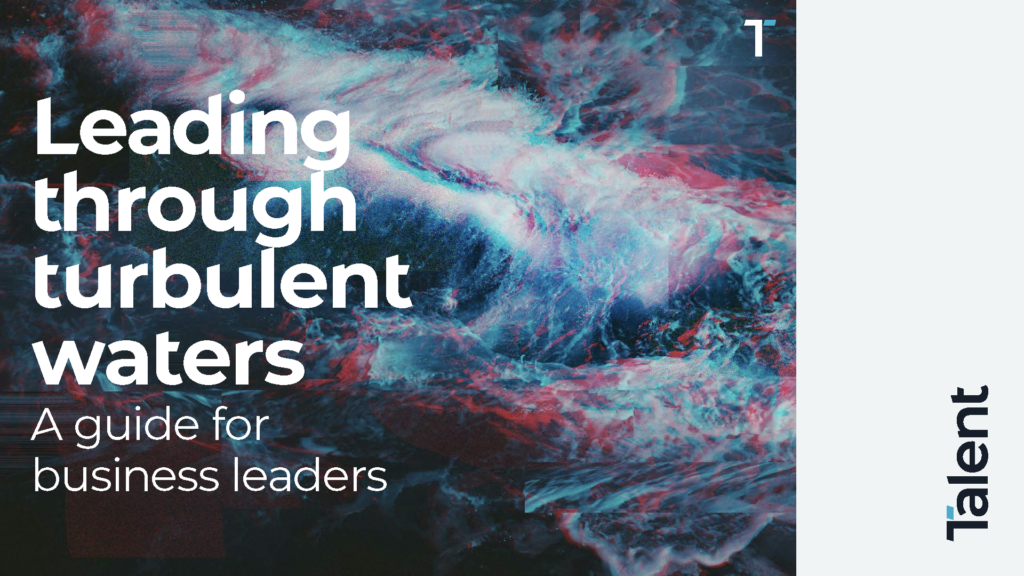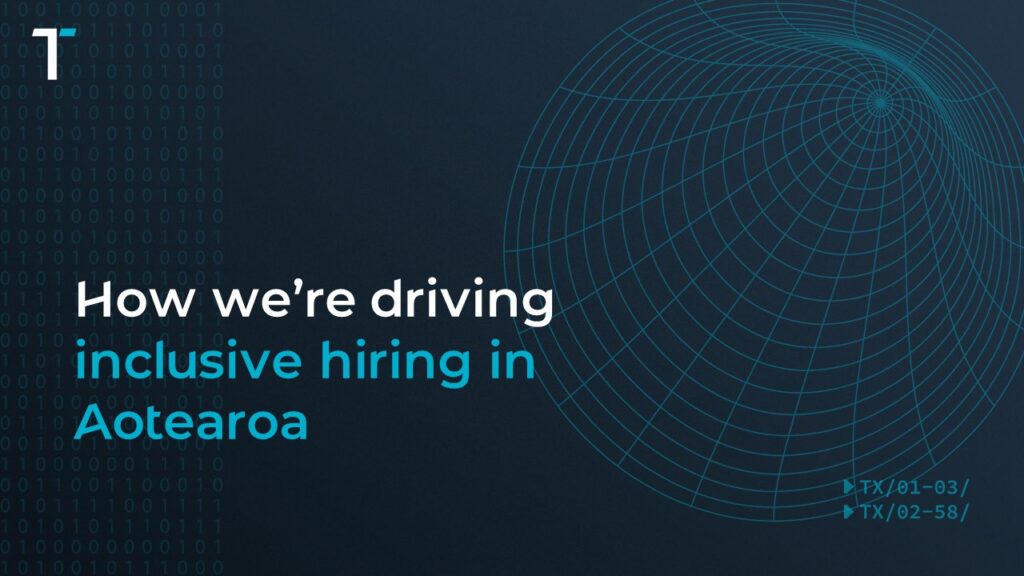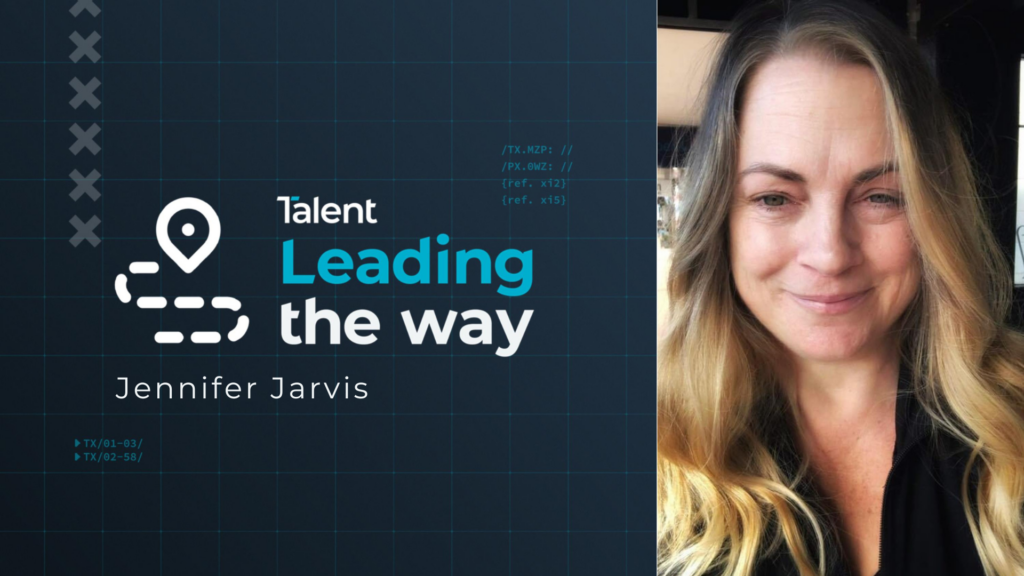Which tech roles dominate the list when it comes to New Zealand’s highest paying jobs in 2024? From BI Architects through to Cybersecurity Managers, we look into the top 10 highest paying positions for the year ahead.
10. Data & Analytics Manager
The Data & Analytics Manager specialises in collecting, analysing, and reporting on data to make informed business decisions. With data-driven decision-making being a key priority for businesses across the globe, the need for professionals with data skillsets is only growing. So much so, that Data Analysis topped the list of in-demand skills for 2024 in our More Than Money Salary Guide, seeing those who are proficient in this space raking in the big bucks as demand soars.
Expect to earn (NZ average):
Permanent – $170k per year
Contract – $133 per hour
9. Business Intelligence Architect
The Business Intelligence Architect plays an integral role in company success, leveraging data to obtain new customer insights, improve processes, and guide business decision-making. With data dominating the list of fastest growing skillsets in 2024 according to LinkedIn Talent Insights – think a 56% growth in professionals with Microsoft Power BI skills since 2023, and a 50% growth in Microsoft Azure – it’s clear that data is a large focus area in the market. As a result, the Business Intelligence Architect makes the cut as one of the highest paying tech positions this year.
Expect to earn (NZ average):
Permanent – $170k per year
Contract – $138 per hour
8. Solutions Architect
Responsible for aligning a company’s IT strategy with business goals, the Solutions Architect is tasked with identifying business needs and leveraging infrastructure, software, and systems to best meet these requirements. They should also possess strong communication skills to best implement new plans, all the while bringing other departments along for the journey. Alongside these interpersonal skills, Solutions Architects in NZ are quickly skilling up in Data Analytics, seeing a 38% growth in uptake in the last 12 months, followed by DevOps at 18%, and Microsoft Azure at 15%.
Expect to earn (NZ average):
Permanent – $171k per year
Contract – $149 per hour
7. Agile Coach
As agile methodologies continue to permeate the market, driven by businesses prioritising efficiencies, the role of the Agile Coach becomes increasingly important. Tasked with helping organisations, teams, and individuals adopt agile practices and methods, they are responsible for embedding these values throughout the business. The industries in NZ that are after this talent most? IT Services and IT Consulting, Airlines and Aviation, Government, Telecommunications, and Banking are the top employers of Agile Coaches across the country according to LinkedIn Talent Insights.
Expect to earn (NZ average):
Permanent – $175k per year
Contract – $125 per hour
6. Development Manager
The Development Manager is responsible for developing growth strategies and plans for the business, and is the point of contact between customers and management, working to marry customer needs with business strengths. However, success in this position doesn’t only come through possessing technical know-how. Talent Auckland recruitment expert, Shweta Chopra, shares that leadership skills are just as important, “In our current market, there is a strong emphasis on softer skills, with someone that can inspire and help bring teams closer together”.
Expect to earn (NZ average):
Permanent – $180k per year
Contract – $135 per hour
5. Programme Manager
Responsible for overseeing designated projects for their company, the Programme Manager is tasked with planning and developing strategy, including defining the goals and timeline for the projects they supervise. According to Talent Wellington Managing Director, Nik-King Turner, “To be a successful Programme Manager you need to be experienced in both leading complex teams and projects and be adaptable to constant change.” Possess this business expertise and you’ll be one step closer to success in this position.
Expect to earn (NZ average):
Permanent – $180k per year
Contract – $150 per hour
4. Cybersecurity Architect
Increasingly necessary to an organisation in the years ahead are Security Architects, management-level professionals who oversee the security of an organisation’s network. Talent Wellington Managing Director, Nik King-Turner delves into the growing demand of those with security skillsets in Wellington, “The security field has been in strong demand due to the fact that many teams are working in hybrid setups and are potentially vulnerable to security issues. We are seeing a lot of security architecture roles that need cloud experience and system experience, mainly for highly regulated and complex organisations that deal with a lot of personal customer data”.
Expect to earn (NZ average):
Permanent – $185k per year
Contract – $145 per hour
3. Cybersecurity Manager
The Cybersecurity Manager is responsible for developing and implementing security strategies, managing a company’s security operations, ensuring regulatory compliance, and leading incident response efforts. Talent cybersecurity recruitment expert, Elliott Howard, notes that demand for cybersecurity professionals is only on the up, “There have been supply and demand issues for cyber resources for a number of years, and recent high-profile cyber incidents have further exacerbated this. Demand has definitely increased as employers look to build up their existing cyber teams and defences.”
Expect to earn (NZ average):
Permanent – $185k per year
Contract – $150 per hour
2. Enterprise Architect
A technology agnostic mindset is key for the second highest paying tech job on this list – the Enterprise Architect. Tasked with ideating strategies in response to emerging technologies and their impact on the industry, Enterprise Architects need to be at the top of their game when it comes to being aware of the latest trends in tech. Hiring demand is strong for professionals in this space, with LinkedIn data revealing that in NZ, Enterprise Architects are most sought after by employers in the industries of IT Services and IT Consulting, Government, Airlines and Aviation, and Education.
Expect to earn (NZ average):
Permanent – $185k per year
Contract – $155 per hour
1. Technical Architect
The Technical Architect is tasked with utilising their knowledge of current business problems and future technological goals, to assist in the build, maintenance and implementation of new technology systems needed by the company. Talent Auckland recruitment expert, Shweta Chopra, shares that demand for architects is on the rise, “There have been recent mergers and acquisitions that resulted in large pieces of work consolidating and migrating data where architects play a key role.” This has seen demand – and salaries – for Technical Architects soar.
Expect to earn (NZ average):
Permanent – $185k per year
Contract – $158 per hour
Interested in the average salary for your role and how you can get ahead in the current market? Check out our More Than Money Salary Guide 2024. Looking for your next role? Visit our job search for hundreds of opportunities in tech, transformation and beyond.
*Excluding C-Suite roles
– Permanent salaries are exclusive of Kiwisaver




